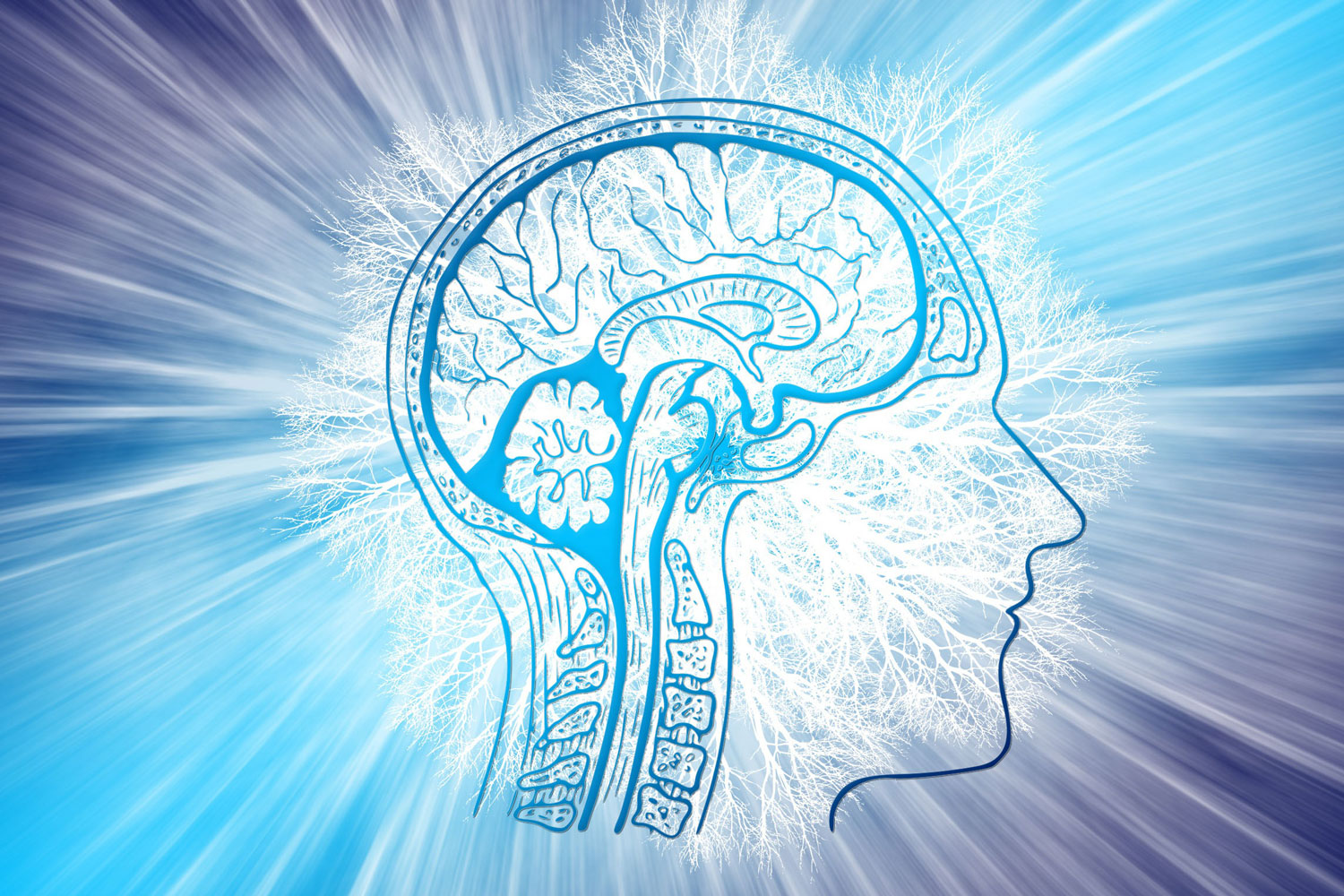
Defying the sands of time, otherwise known as the aging process, is something many of us wish was as easy as counting 1, 2, 3. Unfortunately, however, we all slowly succumb to the aging process and often become slower in our older years.
Now though, there could be something of a solution. According to a recent study published in the journal Nature Aging, scientists have found a somewhat bizarre method that could prevent your brain from growing old.
Your physical body will still age, however – the Fountain of Youth still isn’t a thing, we’re afraid – but at least you might still be able to act and feel young as you approach the end of your life.
The study, which was performed on mice, saw scientists transplanting fecal matter taken from young 3 to 4-month old rodents into recipient rodents that were 19 to 20-months old. The scientists added that in human years, this would be the equivalent of taking the fecal matter from an 18-year-old and transplanting it into a 70-year-old.
The researchers found that transplanting young poop into an older body helped to “promote the growth of gut microbiota resembling the younger mice’s microbiome.” Essentially, the older mice’s gut started functioning more like that of a younger version.
To further test their theory, the researchers looked closely at the spatial memory in the older mice. To do this, they placed some mice with the fecal transplant and some without, into a water maze, where they needed to plot a route to get to a dry platform.
According to Inverse, the mice with the fecal transplant “found the platform with greater success than the mice without the transplant.” This indicates gut bacteria could impact cognitive function.
Inverse adds some context in relation to the study, by explaining how the brain actually functions. “The frontal cortex of your brain works as the control centre to manage learning and memory processing.”
“Another brain area is the hippocampus that works to form and store memories. Both of these regions shrink with age.”
“Aging also comes with decreased production of chemical messengers in the brain known as dopamine and serotonin. These are some of the many reasons why older adults report more trouble remembering names, multitasking, or remembering where they last left their keys.”
Of course, we’re highly unlikely to see a young person’s fecal matter transplanted into an older person in the real world, but the study does highlight just how important the role of gut microbiome has in relation to how our brain works.
According to the National Center for Biotechnology Information, Fecal Matter Transfer has been used to successfully treat recurrent Clostridium difficile infection in people, and there are “preliminary indications to suggest that it may also carry therapeutic potential for other conditions such as inflammatory bowel disease, obesity, metabolic syndrome, and functional gastrointestinal disorders.”
This recent rodent study is just the latest in research focusing on what causes aging and puts forward potential solutions to help slow the entire process down.
Australian biologist and professor of genetics, David Sinclair has dedicated his professional career to researching aging, and along with his team of researchers, has made major breakthroughs in the space.
The Sinclair Lab at Harvard Medical School has found that “the loss of epigenetic information is likely the root cause of aging.”
“By analogy, if DNA is the digital information on a compact disc, then aging is due to scratches. We are searching for the polish.” David has also theorised that eating just one meal a day can help to slow the aging process.
Speaking to Joe Rogan during an episode of The Joe Rogan Experience podcast, David surmised that changing our meal frequency could help us live “healthier for longer.”
“We know that if you do these things to animals [restrict eating], in controlled settings, they live longer, a lot longer, sometimes 20-30 per cent longer because they’re healthier,” he said.
“They don’t get cancer or heart disease or dementia.”
David Sinclair and his team continue to research potential medicine to help slow down the aging process by “manipulating just one central pathway.”
Maybe the Fountain of Youth isn’t such a farfetched idea after all.
Read Next
- Dieting Like This Could ‘Prevent Negative Effects Of Aging’ In Cells, Study Finds
- Shredded Unit Anthony Minichiello Reveals The Secret To Staying Fit In Yours 40s
The post Study Uncovers Bizarre Way To Potentially Reverse Brain Ageing appeared first on DMARGE.
from DMARGE https://ift.tt/3I4lx50







0 comments:
Post a Comment